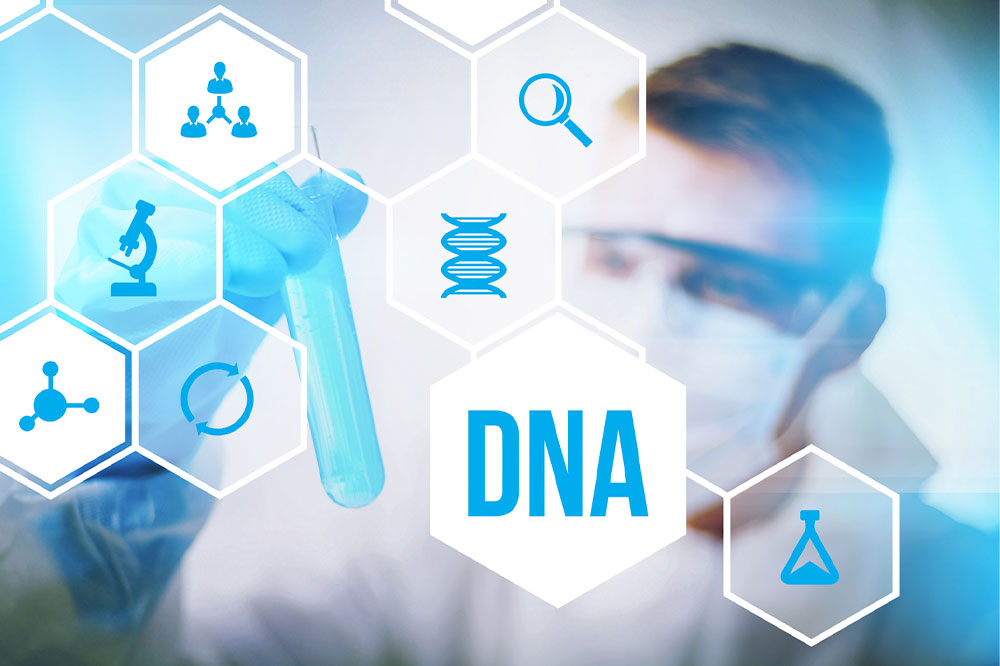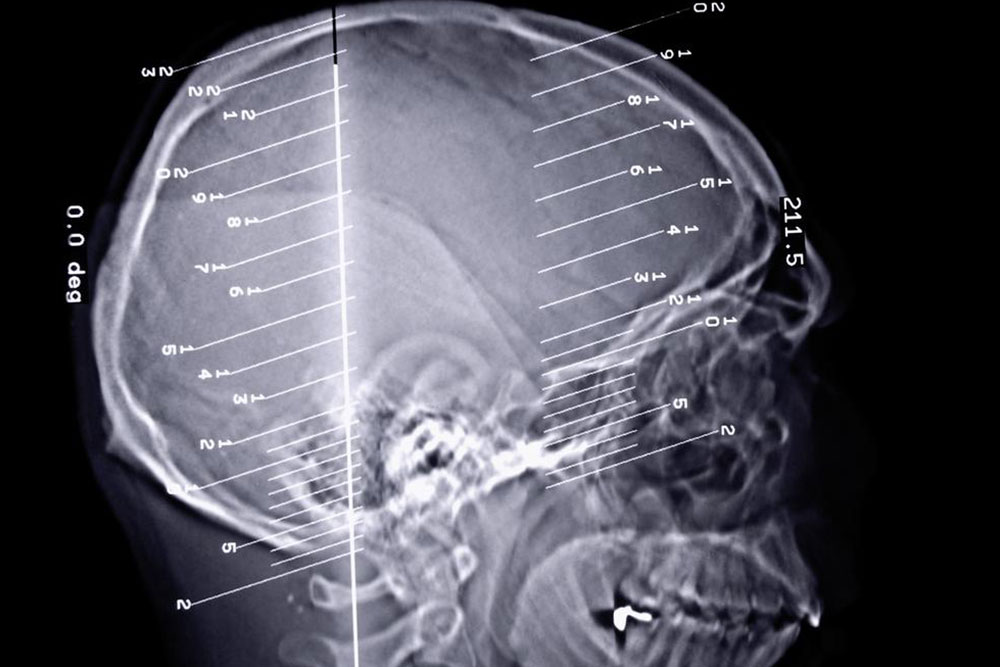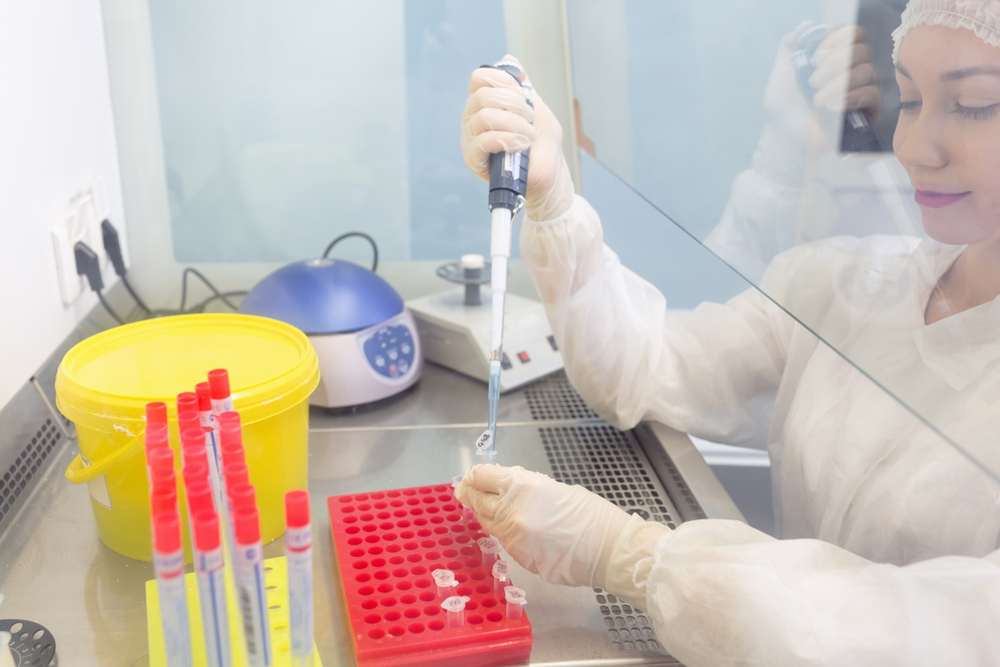Understanding the Importance of Genetic Testing
Discover the significance of genetic testing in health, ancestry, and family history. Learn how DNA analysis helps identify risks, trace heritage, and establish family connections. Easy to conduct and highly informative, genetic testing empowers proactive health decisions and personal understanding.

Genetic testing, also known as DNA analysis, examines an individual's DNA to gather vital information about their health, ancestry, and familial relationships. DNA, found in every cell, acts as the body's blueprint, carrying genes that determine heritage and disease risk. Testing can identify inherited conditions, reveal ethnic origins, and help trace family history. For instance, mutations in BRCA1 and BRCA2 genes are linked to higher breast and ovarian cancer risks. Typically, samples are collected via cheek swabs, blood, or saliva, and analyzed in labs. Results can guide health decisions, ancestry understanding, and legal matters like paternity. Obtaining informed consent ensures individuals understand the testing process and implications. In today's accessible genetic labs, testing enables proactive health management and connections across generations. Sharing results with medical professionals maximizes benefits, ensuring informed health choices. Although insightful, results should be interpreted with expert guidance for accurate understanding.









